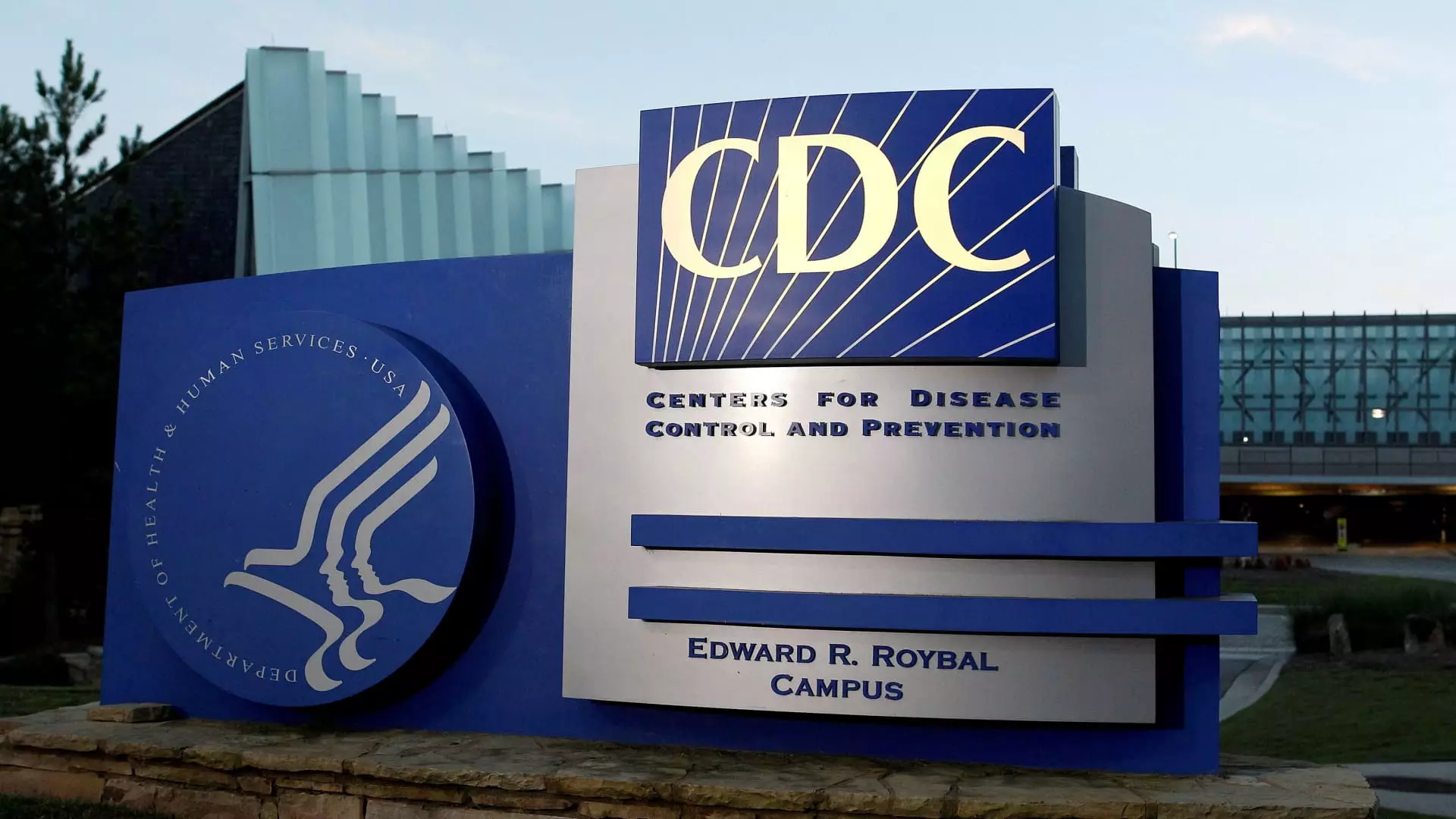The recent overhaul of the Advisory Committee on Immunization Practices (ACIP) by Health and Human Services Secretary Robert F. Kennedy Jr. marks a significant departure from established vaccine advisory protocols in the United States. With the appointment of members known for their critical views on standard vaccination practices, the integrity and reliability of immunization recommendations may now hang in the balance. The evolution of ACIP, a panel consisting of independent medical professionals who have traditionally operated under principles of a balanced approach, seems to have shifted toward a more contentious and divisive framework.
Kennedy’s decision to replace the entire committee has raised eyebrows internationally and may have profound implications on public trust. The new appointees include names such as Dr. Robert Malone, known for spreading controversial viewpoints about vaccines. This pivot away from traditionally reputable experts to a more polarized review panel begs the question: Is this move a legitimate attempt to foster impartial review, or is it designed to circumvent well-established vaccine policy and safety protocols?
Revisiting Longstanding Vaccines
Equally alarming is the proposed review of vaccines that have been safely administered for years. Kulldorff, the newly appointed ACIP chair, mentioned work groups that will scrutinize both the childhood vaccination schedule and vaccines that haven’t undergone a thorough evaluation in over seven years. Among these, the hepatitis B vaccine—which is routinely administered to newborns before hospital discharge—may be reexamined. It’s troubling that a vaccine that has long been deemed essential could face a second-guessing process driven not by scientific necessity, but perhaps by a newfound ideological bias.
The rationale for such reevaluations as stated by the panel members seems paradoxical. While it is vital to analyze existing data continuously, the precarious nature of placing vaccine skeptics in advisory roles raises concerns. There is a risk that scientifically unfounded arguments can undermine decades of public health progress and distort genuine health guidance based on political agendas rather than empirical evidence.
Trust Erosion in Public Health
Statements issued by prominent health organizations highlight the potential fallout from these developments. Dr. Sean O’Leary, representing the American Academy of Pediatrics, articulated the severe ramifications this could have on public trust in ACIP. If parents and healthcare providers no longer view the committee as a credible source, the implications could extend far into community health efforts. The specter of vaccine hesitancy is more than an academic concern; it is a pressing public health challenge with a significant ripple effect.
The ideological leanings of the new panel members suggest a troubling precedent where public health is now susceptible to being overshadowed by personal beliefs. The very foundation upon which trust is built—scientific rigor and neutrality—appears compromised. This has created a detrimental scenario where the public could interpret this revamping as a politicization of health data, leading to divides deeper than those seen previously in our society.
The Importance of Evidence-Based Recommendations
One alarming sentiment echoed by Kulldorff was the assertion that vaccines are not universally “good” or “bad.” While some may argue this reflects a more nuanced understanding of vaccines, it runs the risk of feeding into vaccine hesitancy narratives. The essential task of ACIP is to provide straightforward, science-based recommendations that guide parents and healthcare providers in making informed choices. Uncertainly about the safety and effectiveness of vaccines diminishes the credibility that is crucial for public health strategies.
The new panel’s focus seems to center more on those skeptical perspectives that have lingered in public discourse rather than on solid scientific underpinnings. The previously established norms of evidence-based guidelines now appear precarious and ripe for ideological manipulation.
The Fragility of the Healthcare Infrastructure
The overhaul of ACIP is reflective of broader trends in how health policy may increasingly be shaped by opinion rather than fact. With significant factions of society expressing distrust in the established institutions, the stakes have never been higher. When political ideologies invade what should be science-driven initiatives, the potential for public health crises grows exponentially.
Moreover, any association of members with known anti-vaccination positions diminishes the perceived integrity of ACIP recommendations. If the advisory process devolves into a platform for unsubstantiated claims masquerading as credible discourse, we not only risk eroding societal trust but also exacerbate vulnerabilities in our healthcare system. In this landscape, informed decision-making becomes obscured, leaving communities at risk from easily preventable diseases.
As we embark on what could be a tumultuous journey in vaccine policy, the need for unwavering commitment to science as the core of public health cannot be overstated. The repercussions are profound; it is essential to advocate for a return to principles founded on balanced expertise, rather than a politically charged approach that could foster more division than unity in health strategies.

